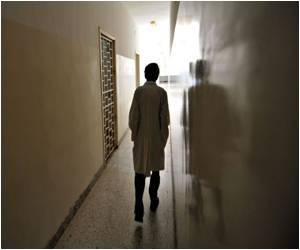In middle-income countries like China, interventions that have a psychological or social component delivered by health workers who are not mental health specialists could help women during the perinatal period.

The results of the study, conducted by Kelly Clarke and colleagues, from the University College London in the UK, found that psychological and health promotion interventions given to women during the perinatal period were linked to improved mental health compared with usual care. These findings are important given that low-resource settings have limited access to mental health specialists such as psychiatrists and psychologists, and also to medications.
In this study, the authors systematically reviewed published studies to identify randomized and non-randomized clinical trials from low- and middle-income countries. Combining the results from 10 studies, including over 18,000 participants, the researchers found that women receiving psychological and health promotion interventions delivered by providers who were not mental health specialists were less likely to have symptoms after the intervention compared to those receiving usual perinatal care (which included no mental health care component). Furthermore, both group and individual interventions were linked to improvements in symptoms.
Although these findings are encouraging, they should be interpreted with caution given that the results are based on a small number of studies with a large amount of variation in the way the studies were done. Furthermore, no studies were included from low-income countries.
The authors say: "Our results show there is promise for psychosocial interventions delivered by non-mental health specialists for PCMDs in middle-income countries."
They continue: "the lack of trials from low-income countries is striking, and research to determine the feasibility and effectiveness of delivering such interventions in these countries is urgently needed."
 MEDINDIA
MEDINDIA




 Email
Email










